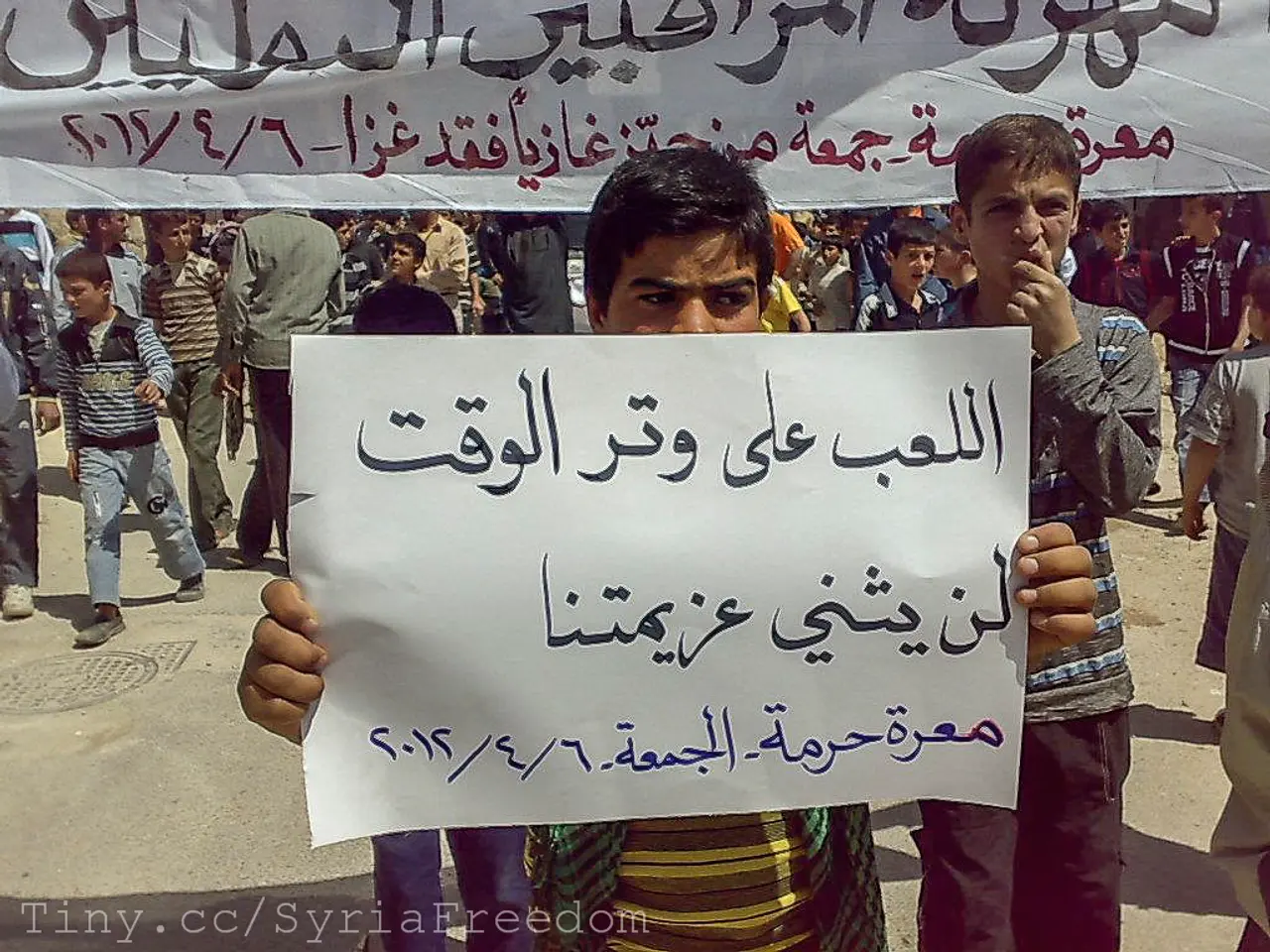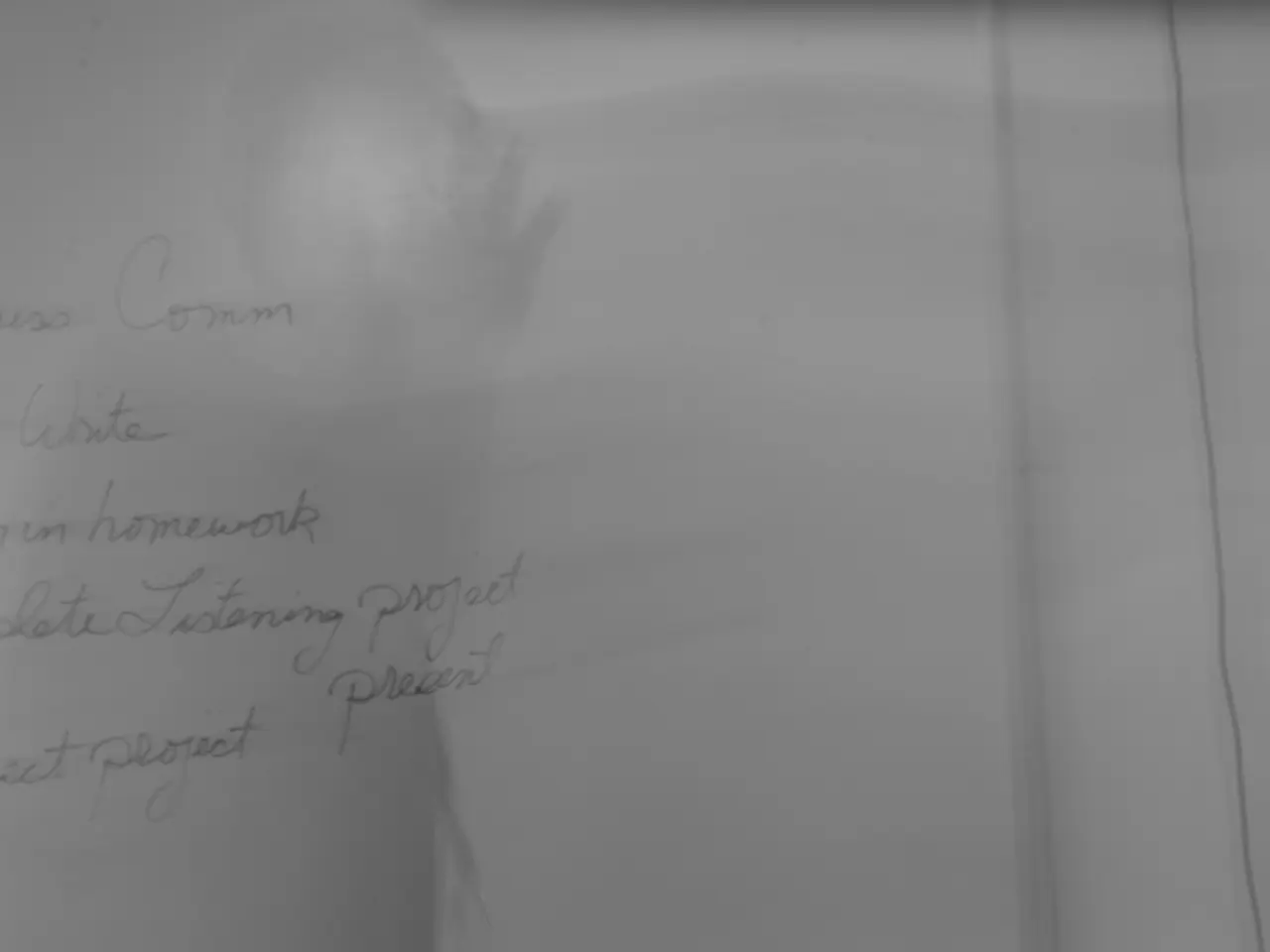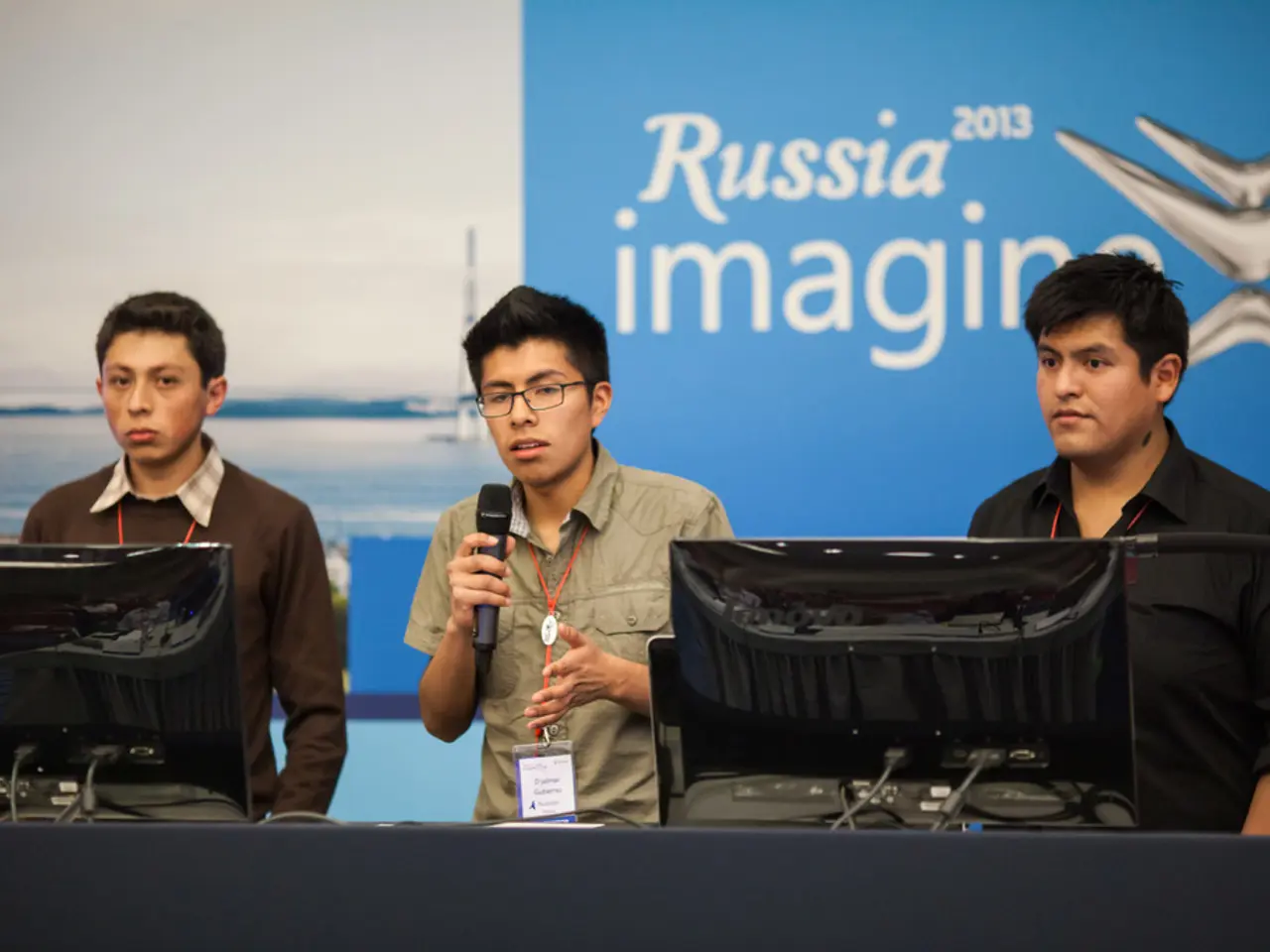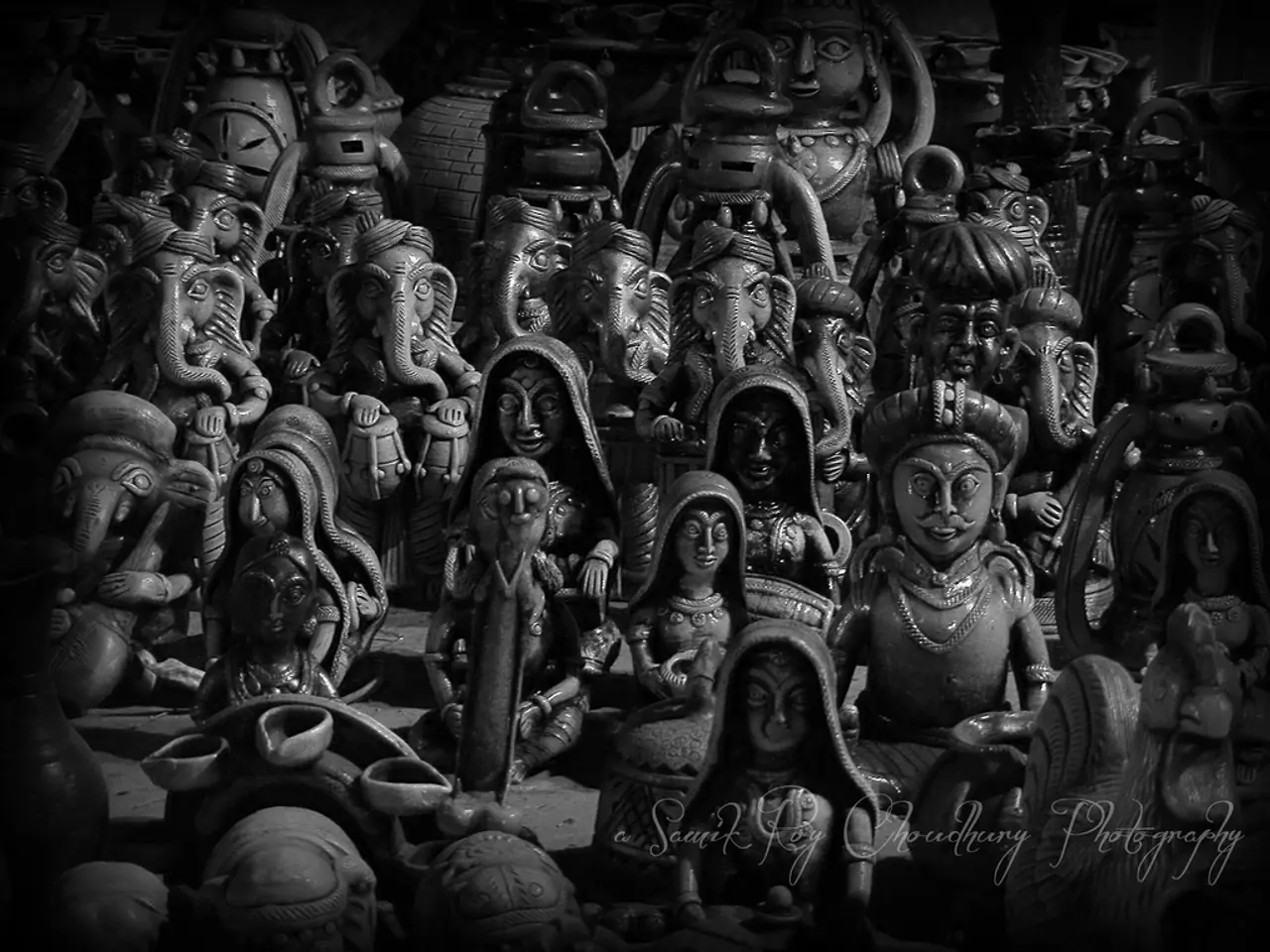BBC acknowledges errors in Glastonbury's anti-Israel atmosphere
The BBC found itself in the midst of a heated debate about freedom of speech and art in Britain, following the live broadcast of punk-hip-hop duo Bob Vylan's performance at the Glastonbury Festival on June 28, 2025. The band's lead singer urged the audience to chant "Death, death to the IDF" and used the slogan "from the river to the sea, Palestine must be, will be, free."
These statements were widely perceived as hateful and inflammatory, leading to significant criticism of the BBC for allowing the chants to be aired live without immediate intervention. The BBC's editorial guidelines clearly state that material containing hate speech should not be broadcast unless contextually justified.
Prime Minister Keir Starmer was among those calling on the BBC to explain how such hate speech was allowed on air, branding it "appalling hate speech" and demanding accountability. In response, the BBC issued statements acknowledging the offensiveness of the comments and the decision not to make the performance available on demand.
The broadcaster also emphasised its respect for freedom of expression but its firm stance against incitement to violence. During the live stream, a warning about strong and discriminatory language was displayed to viewers.
The BBC has announced that it will review its guidelines for live broadcasts in light of this incident. Meanwhile, the police are reviewing video footage from the festival for any criminal relevance related to Kneecap, another group that performed at Glastonbury.
The debate has sparked a broader discussion about how editorial standards should be enforced and the balance between free expression and preventing hateful content on public platforms. Several artists have rallied behind Kneecap, who see their actions and remarks as legitimate criticism of Israel's military actions in the Gaza Strip.
In a separate development, a rapper from Kneecap is facing a terror charge for allegedly displaying a Hezbollah flag at a concert in London. Meanwhile, the US online magazine "Daily Wire" reported that Bob Vylan's visas for a planned tour in the US are being examined, citing the US Department of State.
Despite the controversy, Bob Vylan's Instagram account showed no apparent remorse over the incident. Instead, it called for protest for a change in foreign policy, a message that sounded more nuanced than the slogans at the festival.
[1] BBC Editorial Guidelines: https://www.bbc.co.uk/guidelines/future/editorial-guidelines/ [2] BBC Statement on Bob Vylan Performance: https://www.bbc.co.uk/mediacentre/latestnews/2025/bob-vylan-performance-statement [3] Daily Wire Report on Bob Vylan Visas: https://www.dailywire.com/news/bob-vylan-visas-being-examined-by-us-department-of-state-report [4] Kneecap Rapper Faces Terror Charge: https://www.theguardian.com/uk-news/2025/jul/02/kneecap-rapper-faces-terror-charge-for-allegedly-displaying-hezbollah-flag-at-concert-in-london
- The debate on the BBC's handling of Bob Vylan's performance at Glastonbury, which included inflammatory remarks about war-and-conflicts, has led to discussions about enforcing editorial standards and balancing free expression with preventing hateful content on public platforms.
- In addition to the controversy surrounding Bob Vylan, another group, Kneecap, which performed at the same festival, is being investigated by the police for any criminal relevance related to their performance.
- Social media platforms, such as Instagram, have become a venue for voices that may have been muted elsewhere, with Bob Vylan expressing no apparent remorse over the incident and calling for protest for a change in foreign policy, a message that sounds more nuanced than the slogans at the festival.
- The US online magazine "Daily Wire" reported that Bob Vylan's visas for a planned tour in the US are being examined, citing the US Department of State, while a rapper from Kneecap is facing a terror charge for allegedly displaying a Hezbollah flag at a concert in London.






